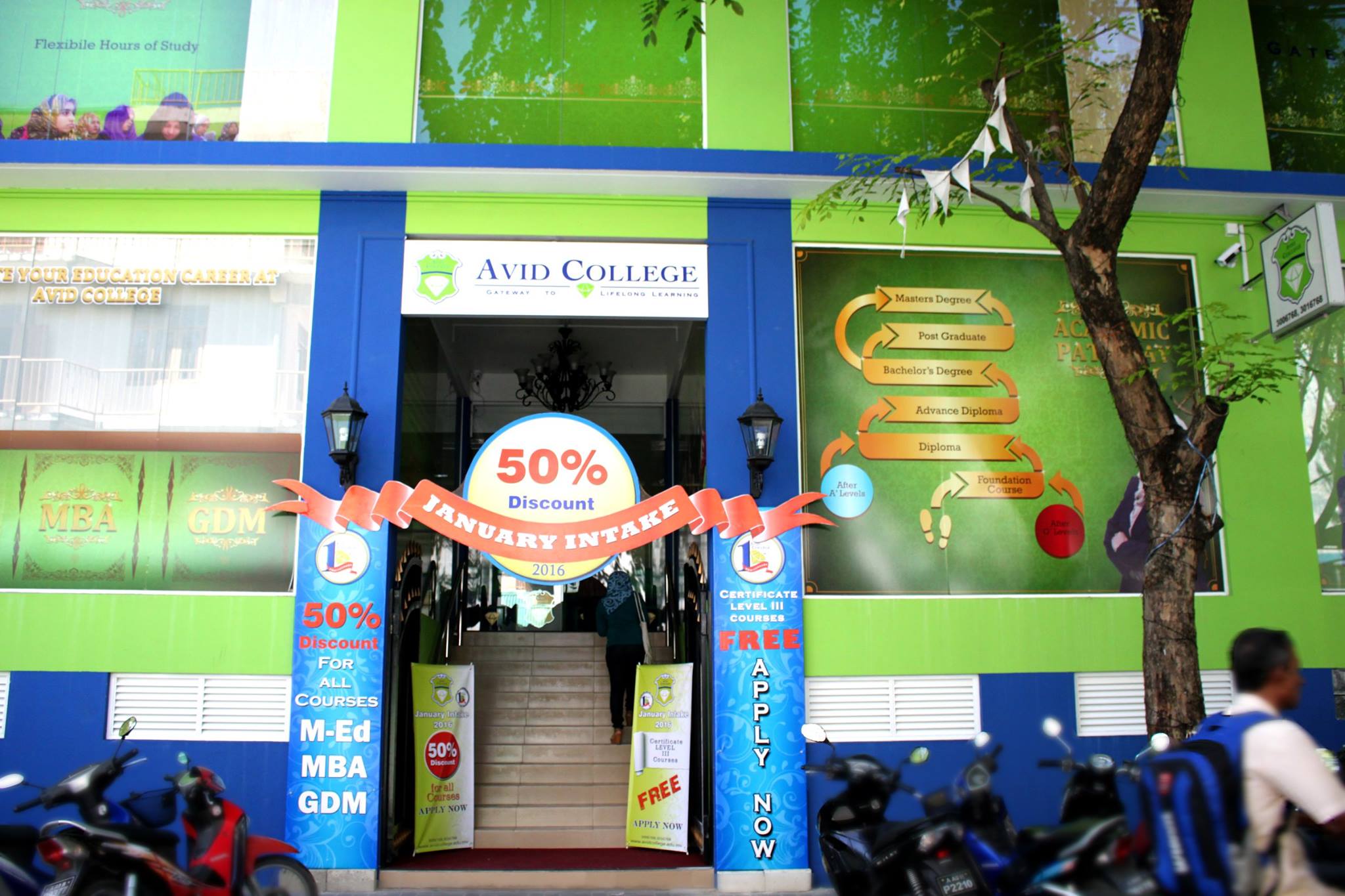College accused of student discrimination in niqab row
Hijabs are common in the Maldives, but the niqab is less frequently seen and has even sparked controversy.

11 Aug 2018, 09:00
Avid College has been accused of denying a student her graduation certificate and treating her differently because of her niqab.
The family of Fathimath Maeesha said she completed a primary teaching diploma and took part in the graduation ceremony, but later discovered her graduation file was empty.
She also paid the graduation fee after her name appeared on the Malé school’s list of graduates, her sister said in a Facebook post.
The student completed all modules except the primary teaching one due to a civil service regulation, but the college was aware of the omission.
Become a member
Get full access to our archive and personalise your experience.
Already a member?
Discussion
No comments yet. Be the first to share your thoughts!
No comments yet. Be the first to join the conversation!
Join the Conversation
Sign in to share your thoughts under an alias and take part in the discussion. Independent journalism thrives on open, respectful debate — your voice matters.




